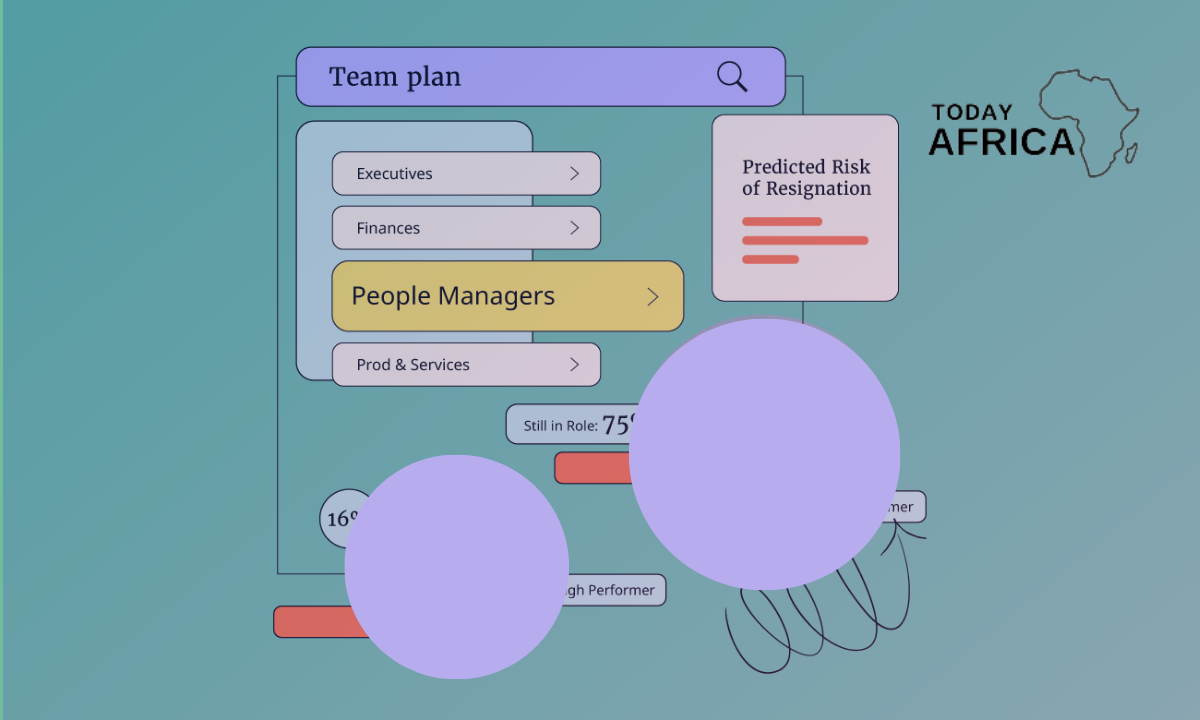In Africa, traditional banking systems have long posed challenges for individuals and businesses seeking financial support.
Limited access to credit, stringent collateral requirements, and underdeveloped financial infrastructures have often hindered economic progress.
However, the rise of alternative financing offers a beacon of hope, providing diverse and innovative funding solutions tailored to the continent’s unique needs.
What is Alternative Financing?
Simply put, alternative financing is funding that’s available outside of traditional major banks. It gives founders more flexibility and variety in choosing financial solutions.
This category includes venture capital, debt financing, crowdfunding, and other innovative products that address gaps in mainstream financial markets.
The rise of alternative financing is part of a larger financial inclusion movement, where more people and businesses gain access to formal banking systems.
According to the World Bank, financial inclusion ensures that businesses have access to useful and affordable financial products that meet their needs in a responsible and sustainable way.
This approach allows companies that may not qualify for traditional loans or have imperfect credit histories to still secure the funding they need.
For instance, alternative financing options are crucial for businesses that might not meet the strict criteria of traditional banks.
Whether it’s a startup with a limited credit history or a company operating in a high-risk sector, alternative financing provides more tailored solutions that align with the specific needs of these businesses.
This flexibility helps founders avoid the rigid structures of conventional loans, enabling them to access capital that supports their growth and innovation.
Types of Alternative Financing in Africa

There are numerous financial products in the alternative financing space. It’s important for African founders to educate themselves and consider multiple options before committing to a specific solution.
Below are some of the most common alternative financing options that startups and growing businesses are likely to encounter:
Invoice financing or factoring
This solution is designed for businesses that rely on accounts receivables (AR) with clients. It helps founders improve their cash flow by receiving advances on outstanding invoices, thus avoiding payment delays that could disrupt operations.
Crowdfunding
Founders can turn to online platforms to raise funds from a large number of individuals. This method is particularly popular for startups and creative projects, allowing them to generate capital without giving up equity.
Lines of credit
Similar to traditional banks, alternative finance marketplaces offer lines of credit with less stringent criteria. These lines of credit provide businesses with ongoing access to funds, which can be particularly useful for managing cash flow fluctuations.
Term loans
Founders can apply for a fixed amount of funding, repayable over a set period. While similar to bank loans, alternative term loans may have higher interest rates but offer more flexible approval processes.
Revenue-based financing
Revenue-based financing allows businesses to receive capital in exchange for a percentage of future revenue. This option is especially suitable for SaaS, eCommerce, and subscription-based companies that have predictable recurring revenue streams.
Read Also: Loan for Startup Business in Nigeria This Year
Peer-to-peer (P2P) lending
P2P platforms connect borrowers directly with individual lenders, bypassing traditional financial institutions. This model often offers competitive interest rates and streamlined approval processes.
Merchant cash advances
Companies receive upfront capital in exchange for a percentage of future sales, providing quick access to funds without traditional collateral requirements.
Private credit
Institutional investors provide loans to companies, often filling the gap left by traditional banks. This sector is projected to grow significantly, with assets expected to reach $3 trillion by 2028.
Buy now, pay later (BNPL)
Consumers can purchase goods and services immediately and pay for them over time, often interest-free. This model has seen substantial growth, with companies securing significant funding to expand operations.
Microfinance institutions (MFIs)
MFIs provide small loans to individuals or groups who lack access to traditional banking services. These institutions play a vital role in supporting small-scale entrepreneurs and fostering economic development in underserved areas.
Angel investors and venture capital
Angel investors and venture capitalists provide funding to startups and SMEs in exchange for equity. Networks like the Lagos Angel Network and initiatives like Ghana’s Venture Capital Trust Fund have been instrumental in nurturing innovation and entrepreneurship.
Equity vs. Non-Equity Financing
One of the significant advantages of alternative financing is that it provides founders with options that do not require giving up equity in their companies. Non-equity financing tools such as lines of credit, revenue-based financing, and term loans allow businesses to secure capital without diluting ownership.
This is particularly valuable for founders who want to retain control of their company while still accessing the funds necessary for growth.
By leveraging predictable revenue streams and other financial assets, businesses can maintain stability and avoid the pressures that come with equity financing, such as meeting investor expectations or giving up decision-making power.
Non-equity financing is also instrumental in helping businesses navigate unforeseen circumstances or cash flow challenges.
Whether it’s a delay in customer payments or an unexpected expense, alternative financing provides the flexibility needed to manage these situations without compromising ownership or long-term growth potential.
Read Also: Best Banks for Small Business Startup Loans in Nigeria
Benefits of Alternative Financing
- Accessibility: Alternative financing options often have less stringent eligibility criteria, making them accessible to a broader range of borrowers, including startups and those with limited credit history.
- Speed: Many alternative financing methods offer faster approval and funding times compared to traditional loans.
- Flexibility: Borrowers can choose from various financing structures tailored to their specific needs and cash flow patterns.
- Innovation: The integration of technology in alternative financing has led to more efficient processes and user-friendly platforms.
Challenges and Considerations

While alternative financing presents numerous advantages, it’s essential to be aware of potential challenges:
1. Regulatory oversight: The rapid growth of alternative financing has outpaced regulatory frameworks in some regions, leading to concerns about consumer protection and market stability.
2. Interest rates and fees: Some alternative financing options may come with higher costs compared to traditional loans, especially for borrowers with higher risk profiles.
3. Market volatility: Economic fluctuations can impact the availability and terms of alternative financing, particularly in sectors like private credit.
Future Trends in Alternative Financing
The alternative financing landscape continues to evolve, influenced by technological advancements, changing consumer behaviors, and global economic shifts. Key trends to watch include:
1. Integration of artificial intelligence (AI): AI is enhancing risk assessment, automating underwriting processes, and personalizing financial products.
2. Expansion of embedded finance: Financial services are increasingly being integrated into non-financial platforms, offering seamless access to financing within various digital ecosystems.
3. Growth of sustainable finance: There’s a rising demand for financing options that support environmental, social, and governance (ESG) initiatives, such as green bonds and impact investing.
4. Blockchain and decentralized finance (DeFi): Blockchain technology is introducing new models of decentralized lending and borrowing, challenging traditional financial intermediaries.
Read Also: 50 Affordable Co-working Spaces for Startups in African Cities
Conclusion
Alternative financing has firmly established itself as a vital component of the modern financial ecosystem. By offering diverse, flexible, and innovative funding solutions, it caters to the evolving needs of businesses and consumers alike.
As the sector continues to mature, staying informed about emerging trends and understanding the nuances of various financing options will be crucial for making strategic financial decisions.
Note: The information provided in this article is based on current trends and data as of 2025. For personalized financial advice, consult with a qualified financial advisor.
Comment and follow us on social media for more tips:
- Facebook: Today Africa
- Instagram: Today Africa
- Twitter: Today Africa
- LinkedIn: Today Africa
- YouTube: Today Africa Studio
















